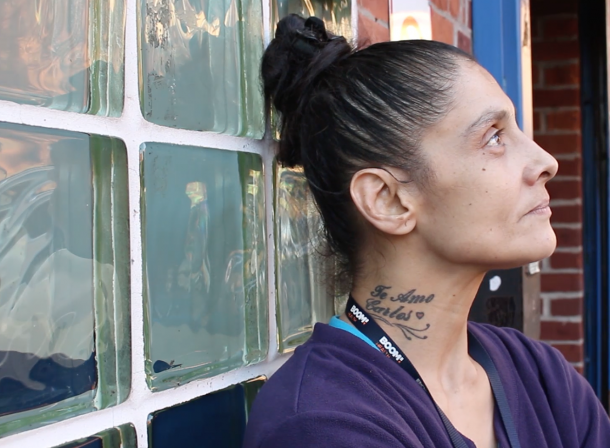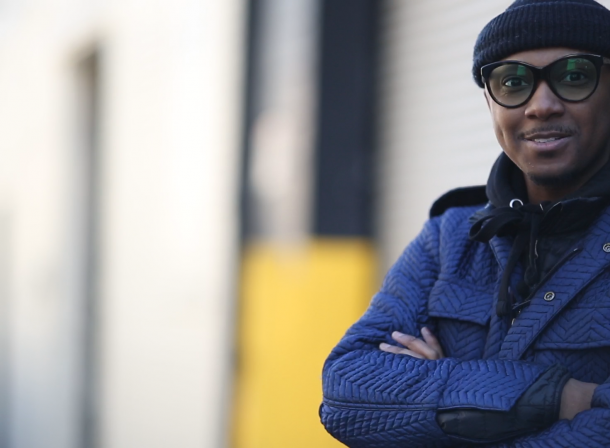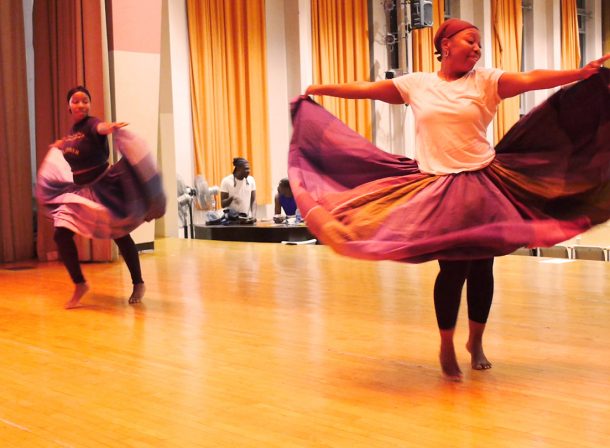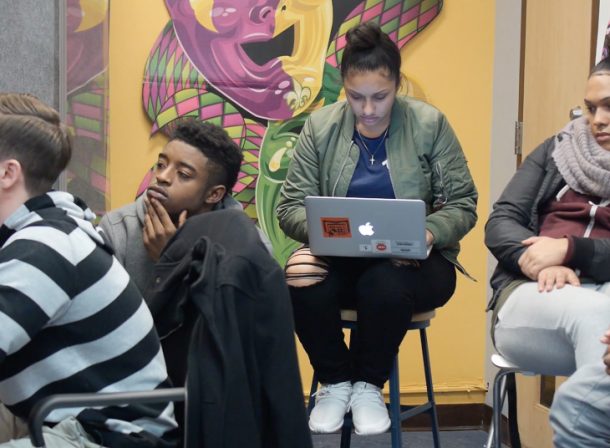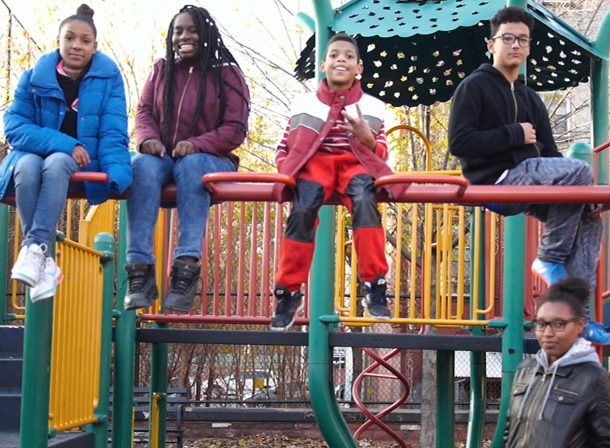In the South Bronx, hip-hop is not just about beats and rhymes. For some, this form of musical expression been a lifesaver.
Hip-hop came to life in the early ‘70s when the South Bronx was ravaged by poverty, violence, and crime. This was a time when the neighborhood was—metaphorically and literally—burning.
During this period of urban decay, a lot of people found solace in hip-hop. Different groups hosted house parties, complete with MCing and breakbeat sessions, and as hip-hop gained prominence, it became a cultural movement all its own.
What started as a creative outlet became a conduit for intellectual growth, as many Black and Latino youth in the ‘70s used hip-hop to protest against abusive police and promote a sense of community.
After a tumultuous decade, the South Bronx started to recover and at the same time, hip-hop became mainstream and has grown into a multimillion-dollar industry with a powerful influence in the worlds of music, fashion, and entertainment.
Today in the South Bronx, the art of hip-hop is being used to help a new generation of young residents overcome poverty, violence, and drugs.
At the Mott Haven Community High School, social worker J.C. Hall offers a unique an after-school program called Hip-Hop Therapy.
Most of Hall’s students failed or dropped out of other public schools and as an alternative school for troubled kids, most of his students see his program as a second chance in life.
Through Hip-Hop Therapy, Hall hopes to engage his students in a conversation, for them to find a way to express their life experiences and emotions in a safe environment.
So far, Hall says the program has had a positive effect among students.
Hall holds his classes in a state-of-the-art studio, with a recording booth, computers, and music equipment that would even make Jay-Z impressed.
But for students to use the studio, students must attend class, exemplify good behavior, and earn good grades.
According to Hall, the end goal of his program is to not produce the next hip-hop superstar. Rather, the goal is to encourage his students to express themselves in positive ways and make better life decisions. Many alumni say that the program helped improve their academics, as well as their personal behavior and mindset.
Hall hopes the success of his program will inspire other schools around the country to offer similar Hip-Hop Therapy programs to their students.
By Ugonma Ubani-Ebere

